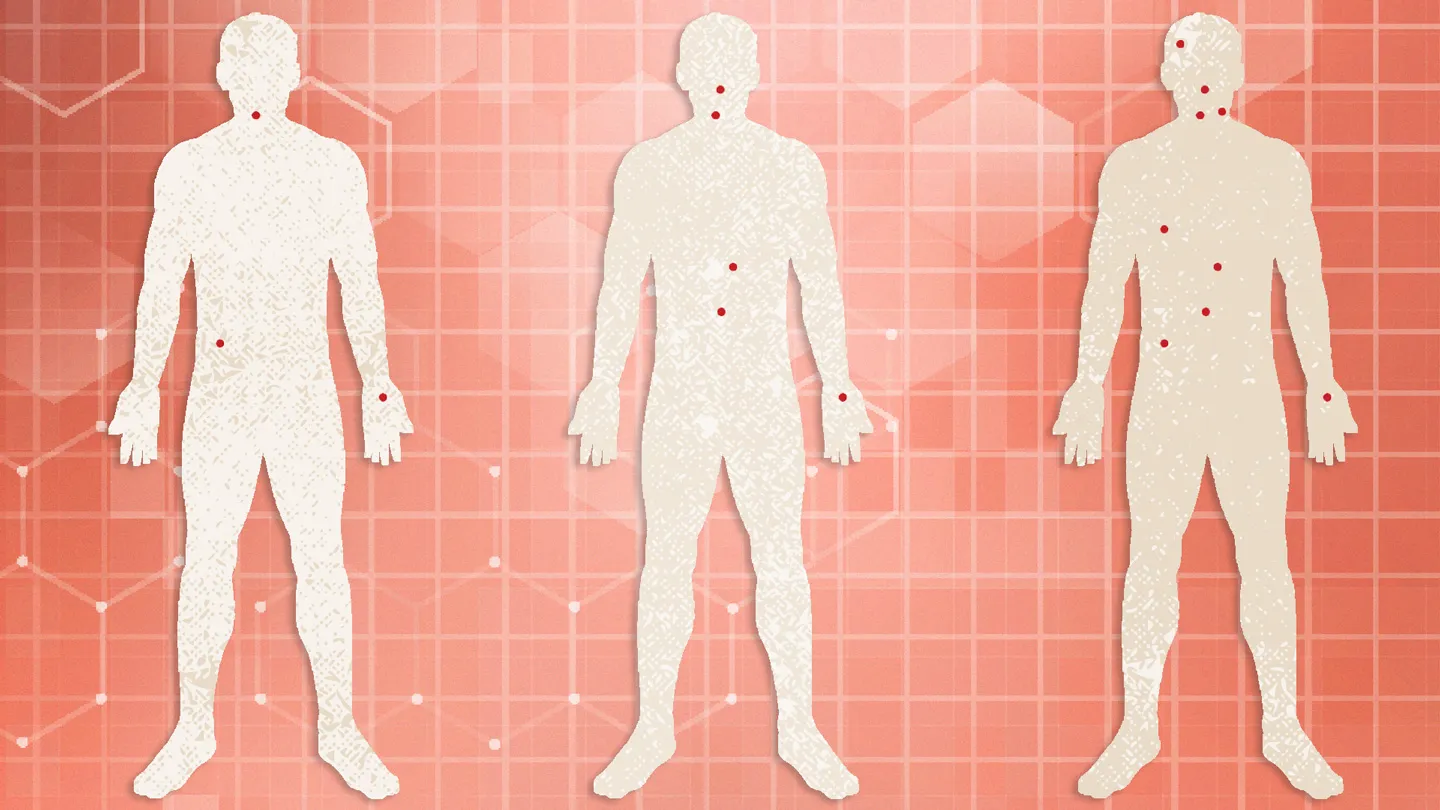When Do HIV Symptoms Appear in a Healthy Person?

HIV (Human Immunodeficiency Virus) is a serious infection that weakens the immune system by attacking important cells that fight off disease.....CONTINUE READING THE FULL STORY HERE
One of the things that makes HIV dangerous is that it doesn’t always show symptoms immediately.
Many healthy people can carry the virus without knowing it, which is why it often spreads silently.
Understanding how long it takes for symptoms to appear is important for awareness, prevention, and early treatment.
For most healthy people, the first symptoms of HIV may appear within 2 to 6 weeks after infection.
This stage is known as acute HIV infection or primary infection.
During this period, the body is trying to fight off the virus, and some people may develop flu-like symptoms such as fever, sore throat, night sweats, rash, fatigue, or swollen lymph nodes.
However, these signs are often mild and may disappear after a week or two, causing many people to dismiss them as a common cold or flu.
After this early stage, HIV often enters a silent or dormant phase called clinical latency.
In this stage, the virus is still active but reproduces at a very low level.
A healthy person may not show any visible symptoms for several years—sometimes even up to 10 years or more.
This doesn’t mean the virus is gone; it simply means it is quietly weakening the immune system.
When the immune system becomes severely damaged, more serious symptoms begin to appear, such as rapid weight loss, frequent infections, persistent diarrhea, or unusual illnesses.
Without treatment, HIV can progress to AIDS (Acquired Immunodeficiency Syndrome).
It’s important to note that the time frame for symptoms varies from person to person.
Some may show signs early, while others may remain symptom-free for years.
The only sure way to know your HIV status is through regular testing, especially if you have been exposed to risk factors.
In conclusion, a healthy person may show HIV symptoms as early as a few weeks after infection, but in many cases, the virus stays hidden for years.
Early testing and treatment can save lives, as modern medicine allows people living with HIV to live long and healthy lives.
